|
Join us at our Fairfield Library presentation in their Getting Ready for College Series.
At Fairfield Main Library 1080 Old Post Road, Fairfield, CT Wednesday 4/5/2017 7:00 PM - 8:30 PM Rotary Room College Docs is excited to present Navigating the Pathway to College Acceptance for Visual and Performing Artists at the downtown Fairfield Library. Have you invested years developing a talent in art, music or theater arts? Are you interested in pursuing your education in the visual and performing arts in college? Not sure whether to focus on a conservatory or music program within a larger university; an art school or an art degree in a liberal arts college? We will explore the differences between various arts and music courses of study and the unique requirements of each regarding online or in-person auditions and portfolios. Come learn about how to navigate through the additional components that go beyond a traditional college application. There will be time for questions. Click here to register. (Press CTRL + click) We look forward to seeing you there. Vicki Boudin and Joan Franklin  By Dr. Deborah Barany Barany Educational Consulting www.baranyeduconsult.com After years of music recitals, high school performances, choir concerts, rehearsals, tech weeks and maybe even more than a few musical theater productions, you are ready to apply to college music programs. The music application process takes planning, time management and attention to additional requirements. The music application has more steps and requirements compared to a typical college application. Start researching early and learn about the following:
Almost every college or university offers a music major. The most important takeaway from this entire blog post is: THE MUSIC STUDIO AND TEACHER ARE MORE IMPORTANT THAN THE NAME OF THE SCHOOL. All music programs are organized around the studio system. Students select or are assigned a faculty member in their instrument. They typically stay with this teacher throughout their degree program. Private, group and master classes are taught through the studio. Students in the studio become colleagues, collaborators and friends. One of the benefits of the studio system include meeting students at all levels, -freshmen- senior and even graduate students. The studio becomes a home away from home as well as the center of music training. Now you might understand why music students are choosing a studio as well an institution. There are all kinds of structures for earning a degree in music. Conservatory - Only offer music degrees. Some liberal arts courses are required for graduation but do not form the majority of the course load. Examples include Eastman, Manhattan School of Music, San Francisco Conservatory. Conservatory/Liberal Arts College- -There are a handful of schools in the US that have conservatories and liberal art colleges. Students can enroll in either the conservatory or the Liberal Arts College, OR they can enroll in both, earning two degrees. Campuses offering both are are referred to as double degree programs. Any two degrees can be combined, for example, Bassoon performance Major (Bach. of Music) and Biochemistry (Bach. of Sci). Examples include Lawrence University, Gettysburg College, Oberlin College and Conservatory. School of Music - Usually found at the university level. Most schools of music operate like conservatories but have the resources of the larger university. Examples include Boston University, University of Puget Sound, Indiana University. Music department - Usually found at colleges and operate like any other department, eg. biology department. Examples are St. Olaf College, Pacific Lutheran University, and Amherst College.gg Music program - Programs are not full departments but in some colleges a student can still major in music. Best to check out the offering carefully. Art school- - There are a number of Art colleges that offer music programs. Good examples are The University of the Arts, Cal Arts , and Cornish College of the Arts . This type of school offers both visual and performing arts majors. The Music Application In addition to the regular application process (transcripts, essay, letters of recommendation, application, test scores) the music application is likely to require: 1) Audition 2) Resume 3) Head Shot 4) Additional Application 5) Additional Letters of Recommendation from Music Teachers 6) Pre-Screen Submission Audition- Make sure you know the requirements for your instrument. Requirements are listed on each school’s website. PRACTICE, PRACTICE, PRACTICE...this is not the time to wing it or come in underprepared. The audition will make or break your application. You might have the perfect GPA and test scores but that will not overcome a bad audition! There are several options for auditioning. The best option is audition live, on campus and in front of faculty. If that is not feasible many schools hold regional auditions around the country. If you really can’t get to campus or a regional audition you can submit a video to the school. You must submit a complete application to the school before you can schedule an audition!!!!! Even though you will most likely only be able to apply regular decision, submit your completed application by the ED1 or EA1 deadline. Audition season is generally in January and February. - Unfortunately for the musical theater students it usually means no high school show for you in senior year. Resume- This is a music resume which should include your instruments, all the ensembles, performances, current repertoire, and music teachers/lessons. Additional Application- It is common for music programs to include a separate application in addition to the general application for the college/university. Check each school to find out what they require. Music Letter of Recommendation- These letters must come from your private music teacher in your primary instrument (and secondary if you have one). You must also include your high school music teacher and community ensemble (if you participate in one). Pre-Screen Submission- Many schools have so many applicants they can’t listen to everyone. Make sure you know if a school requires a pre-screen video submission. From this pre-screen video they invite candidates to a live audition. If you don’t pass the pre-screen stage then you are denied an audition and will not be admitted to the music program. Check with each school’s application to see which portal, such as SlideRoom, they require for the pre-screen video. Some colleges have their own arts submission portal. Application- Apply RD but think ED!!! In order to schedule an audition you have to submit your application to the college/university first. A couple of schools offer early action/decision for music students if they hold fall auditions. In most cases music students can only apply regular decision. Nonetheless, in order to secure an audition date your application must be submitted in the fall. You do not have to worry about high school transcripts or test scores. Your common app and all your music materials must be complete and turned in early. What about admission rates? Unlike non-music majors, schools rarely report admit rates. The admit rates for music are very low- sometime even more competitive than the Ivies. This changes year to year and is different within the music program itself. For example, a large group of Baritone singers graduate making room for new Baritones. At the same school, Alto Sax is full so no new students will be admitted in the Alto Sax studio. This is because of the studio system. Schools admit new students based on openings in the various studios. I have seen schools take 0% in a particular instrument because they had no room for new students that year. Sometimes schools will let you know but most of the time they will still hear all instruments in case there is an opening. Because of the level of competition, be sure to allow yourselves a variety of program options. TIPS FOR A SUCCESSFUL APPLICATION PROCESS:
Personalized College Action PlanMany thanks to our colleague, Dr. Deborah Barany, IEC, for sharing her expertise with our readers.
For further information or help with college admissions for the arts, feel free to contact College Docs and check out the Performing Arts page on our website. College Docs offers personalized college action plans to help with every step of the college admissions process. |
Categories
All
Archives
July 2024
Contact College Docs at
203 520-6338 or 203 218-5619 [email protected] |

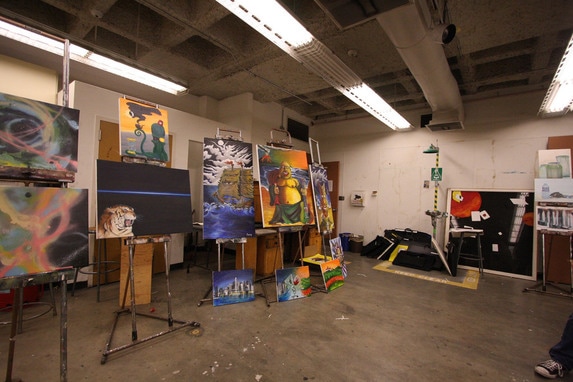
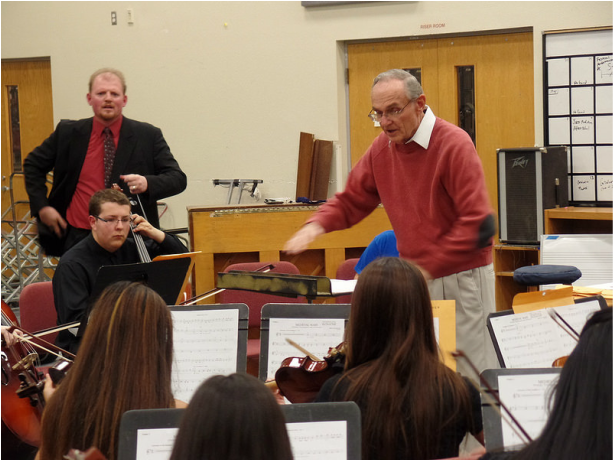
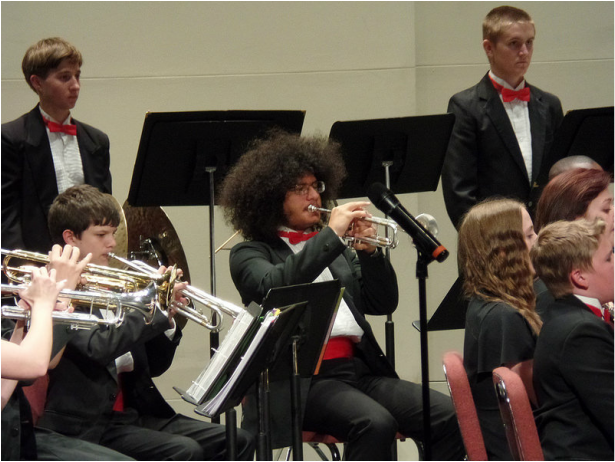
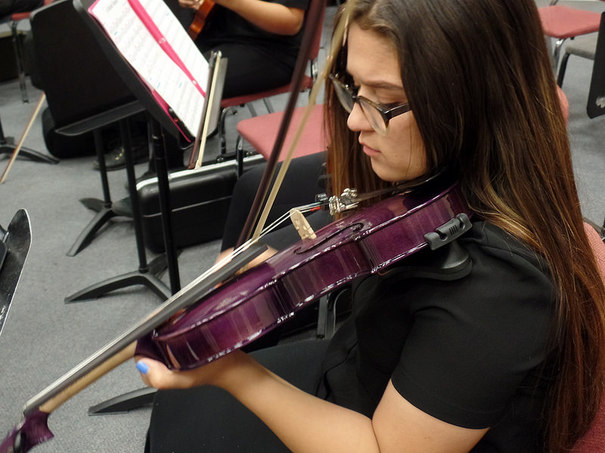
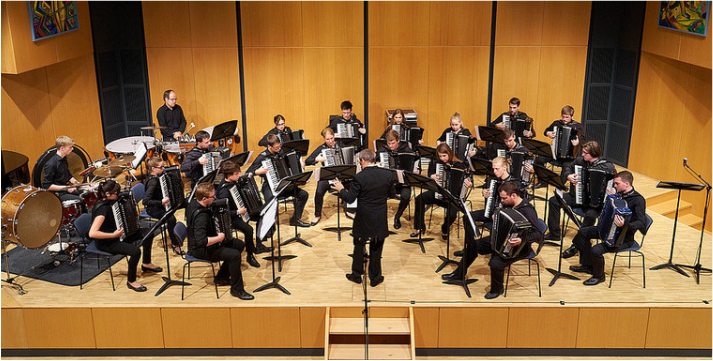
 RSS Feed
RSS Feed